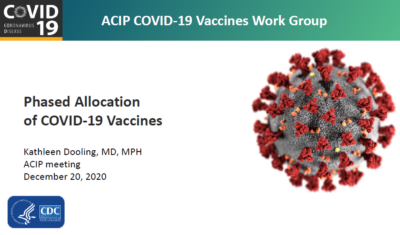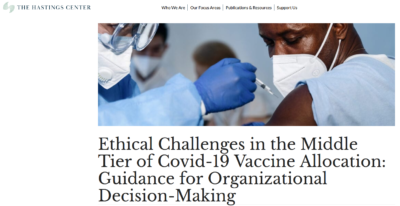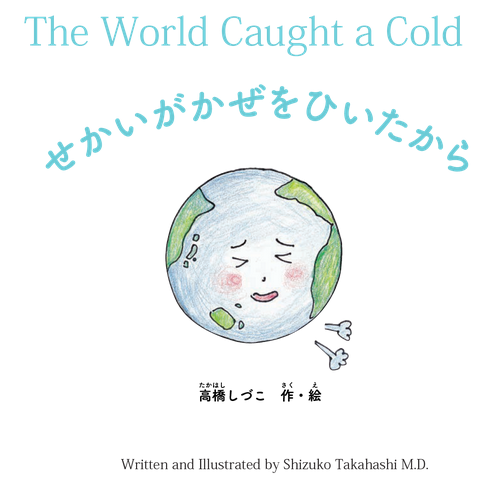COVID-19: Ethics Considerations & Resources
The COVID-19 pandemic is an evolving public health emergency. Government agencies, health care professionals and the public at large are all working tirelessly to create plans and implement strategies to reduce the spread of infection, to optimize existing health care resources and to prepare for the allocation of scarce resources should health care demand exceed health care system availability.
Expert COVID-19 Guidance
Four Steps to Protect Communities from COVID-19 and Restore the Economy (from The Hastings Center):
- Widespread use of masks to prevent disease transmission
- Widely available testing with quickly reported results
- Large-scale contact tracing to determine who is infected, or may become infected
- Voluntary targeted isolation by those who test positive for, or who have been exposed to, the virus
Without effective masking, testing, tracing, and isolation, the country’s attempts to reopen will be disrupted. Stopping the spread of the novel coronavirus—and avoiding a general lockdown—depends on these important measures.
Ethical Considerations in a Public Health Emergency
When public health emergencies arise, there is the potential for health care resources to become constrained. If that happens, the guiding ethical principles that underpin health care delivery and clinical care are applied differently in order to maximize lives saved and avoid as many preventable deaths as possible. This means that while health care providers will always consider the preferences of individual patients—when community need becomes the priority, ethical obligations shift and it may not be possible to accommodate all individual patient wishes. Because this represents a shift from the normal standard of care, policies for allocating scarce resources during a public health crisis should be grounded in ethical obligations that include: duty to care, duty to steward resources fairly, distributive and procedural justice, and transparency.
A Fair Process Approach
- Consistent application of the process that minimizes individual interpretation
- Impartiality and neutrality of decision-makers
- Incorporation of current accepted medical practice criteria
- Respect and dignity in the treatment of all patients
- Allowance of an appeals process
- Transparency of the criteria/guidelines
- A dynamic process allowing for review and adaptation as the situation and resources change
(Source: 2007 CDC guidelines)
COVID-19 Vaccine Allocation
New Guidance for COVID-19 Vaccine Allocation (The Hastings Center)
Latest ACIP Recommendation for Phased Allocation of Vaccines (CDC)
COVID-19 Children’s Book
The World Caught a Cold by Shizuko Takahashi, M.D.
As Vermonters work together with the rest of the nation and globe to navigate this public health crisis, VEN will continue to provide and share resources to help with decision-making, policy development, communication, and supporting one another.

